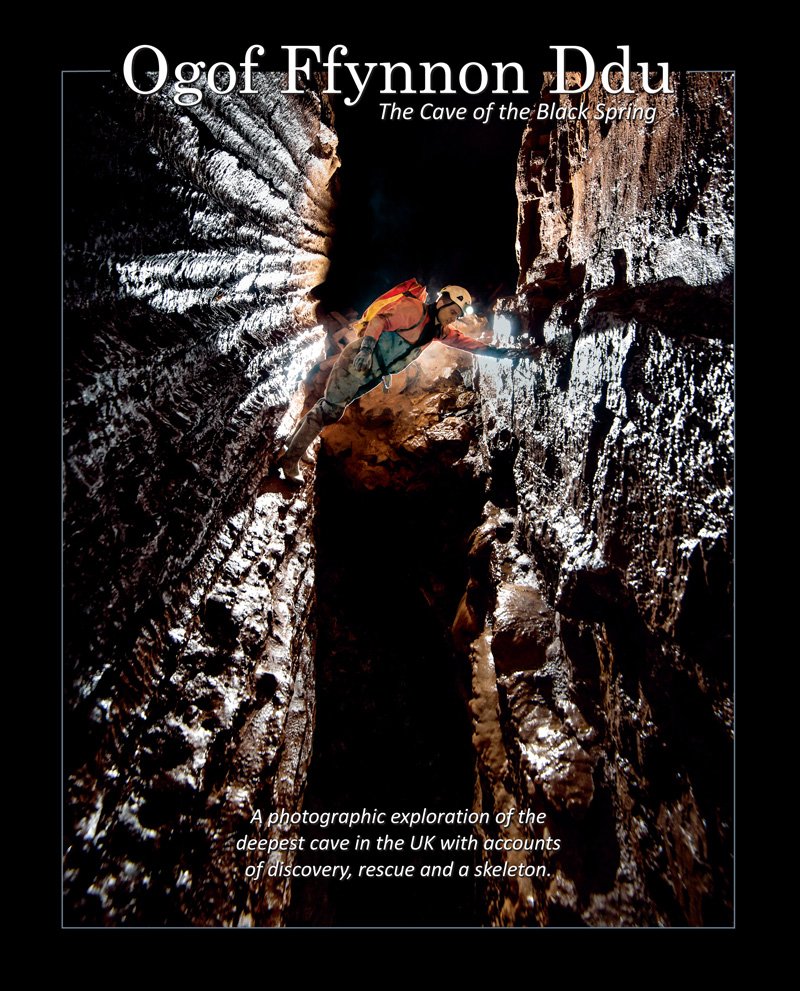cavermark
New member
I'd like to create a "one stop" resource for people who want to know more about the CROW issue - the MAIN arguments for and against, and the various implications/theories etc.
A number of people have mentionned outside of the forum that they want some information, but that it is nearly impossible to find on here in an easy way.
What I DON'T WANT is pages of replies debating every aspect, bickering and needing to have the last word/be right - Maybe people can start a new thread for that, which the non forum regulars can refer to if they want to (they won't), along with all the other "debating" threads.
I'm reposting a reply that Bob Mehew wrote on here, that seems to cover quite a lot of the key points, and I'll put the CSCC positon on too. Anyone with similar objective pieces to add, can do.
Do you think you can behave yourselves for this?
Thanks
Mark
Bob's post:
Issue 240 of Descent at page 26 to 28 contains a balanced article.
http://tinyurl.com/pro-CRoW-caving-01 contains the document put out by Tim, Jenny & I at Hidden Earth.
http://tinyurl.com/pro-CRoW-caving-02 contains some details about how Section 26 operates.
http://ukcaving.com/board/index.php?topic=17182.0 covers opposing views on the impact on digging (which is not covered by CRoW).
A number of people have mentionned outside of the forum that they want some information, but that it is nearly impossible to find on here in an easy way.
What I DON'T WANT is pages of replies debating every aspect, bickering and needing to have the last word/be right - Maybe people can start a new thread for that, which the non forum regulars can refer to if they want to (they won't), along with all the other "debating" threads.
I'm reposting a reply that Bob Mehew wrote on here, that seems to cover quite a lot of the key points, and I'll put the CSCC positon on too. Anyone with similar objective pieces to add, can do.
Do you think you can behave yourselves for this?
Thanks
Mark
Bob's post:
Issue 240 of Descent at page 26 to 28 contains a balanced article.
http://tinyurl.com/pro-CRoW-caving-01 contains the document put out by Tim, Jenny & I at Hidden Earth.
http://tinyurl.com/pro-CRoW-caving-02 contains some details about how Section 26 operates.
http://ukcaving.com/board/index.php?topic=17182.0 covers opposing views on the impact on digging (which is not covered by CRoW).



